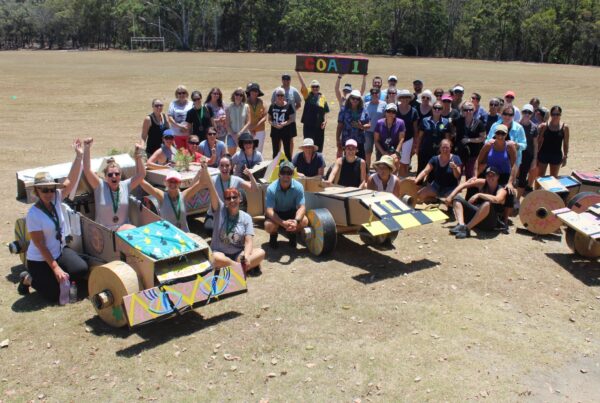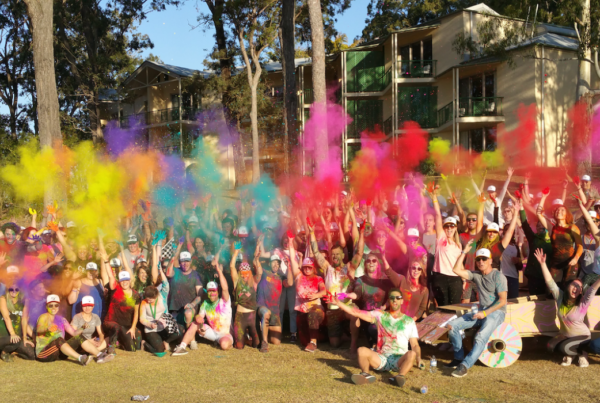
Optimism : The Most Important Thing We Can Give Our Teachers Right Now
As we approach the end of the school year, a time often marked by fatigue, burnout, and survival mode, we have a choice. We can let the year fizzle out…












